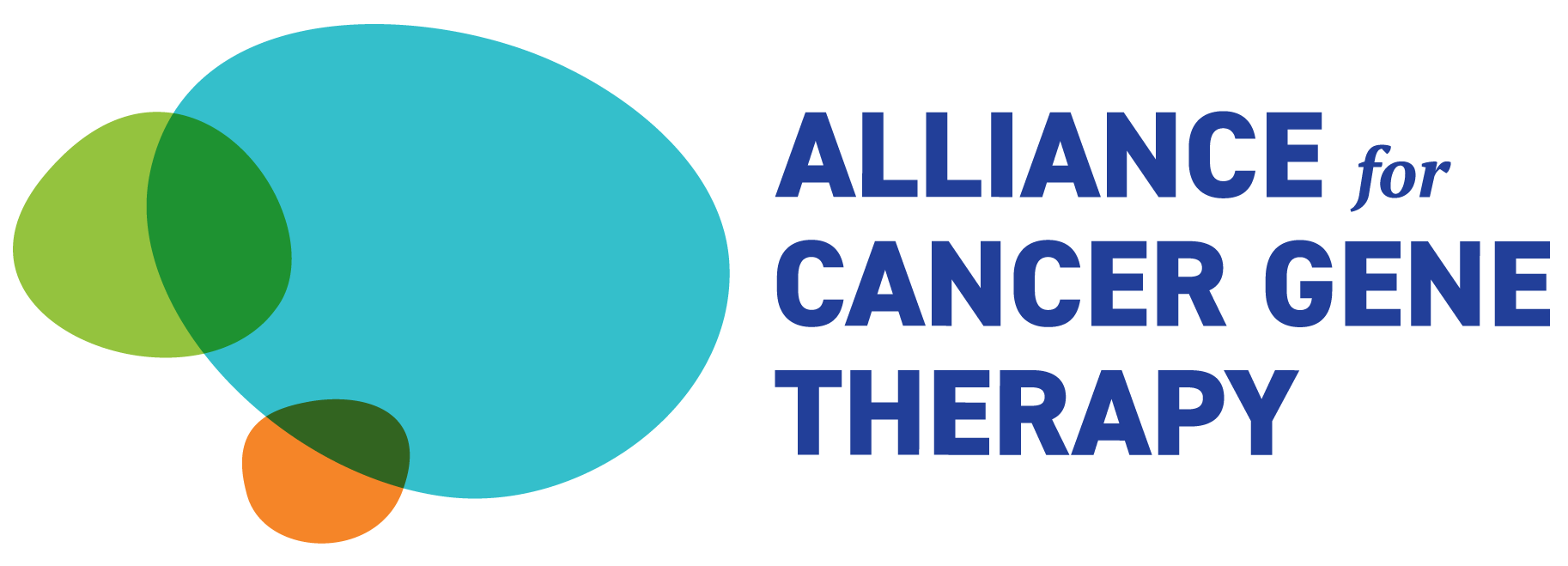
Immune Checkpoint Inhibitors Versus CAR T-Cell Therapy

The term “immunotherapy” has quite a wide scope in cancer treatment. A lot of different therapies fall within the umbrella of immunotherapy, and two of the most successful are CAR T-cell therapies and immune checkpoint inhibitors.
The term “immunotherapy” has a wide scope in cancer treatment. A lot of different therapies fall within the umbrella of immunotherapy, and two of the most popular are CAR T-cell therapies and immune checkpoint inhibitors.
What differentiates these two types of immunotherapy? Are they similar in how they help the immune system? Where do these two therapies stand in terms of effectiveness and approval for solid tumors?
What is CAR T-cell therapy?
CAR T-cell therapy is a type of cell and gene therapy that elevates the immune system cells against cancer. T cells are the body’s primary defenders against viruses, infections and other harmful elements. However, they often stumble in locating and killing cancer cells.
CAR stands for chimeric antigen receptor, which is a special laboratory-created receptor designed to bind to target proteins on cancer cells. Doctors can remove patients’ T cells to have a receptor added. Scientists develop the receptors to link with proteins highly expressed on cells of a specific cancer.
There are currently six FDA-approved CAR T-cell therapies for cancer. They are all designed for blood cancers.
What is an immune checkpoint inhibitor?
Immune checkpoint inhibitors are immunotherapy drugs that block cancerous protein actions on either cancer cells or fighter T cells. Cancer cells have masking protein receptors that can trick T cells into leaving them alone. Immune checkpoint inhibitors neutralize these protein receptors.
An example of the target protein receptor is programmed death-ligand 1 (PD-L1). This receptor links with the T cells’ programmed cell death protein 1 (PD-1). The role of PD-1 is to look for infections, viruses or cells harming the body, such as cancer. The issue is PD-L1 subdues PD-1 when T cells interact with some cancer cells. Immune checkpoint inhibitors serve as a wall between the protein receptors.
The FDA has approved several immune checkpoint inhibitors for various cancers, such as lung cancer.
Newsletter
Stay at the forefront of cutting-edge science with CGT—your direct line to expert insights, breakthrough data, and real-time coverage of the latest advancements in cell and gene therapy.













